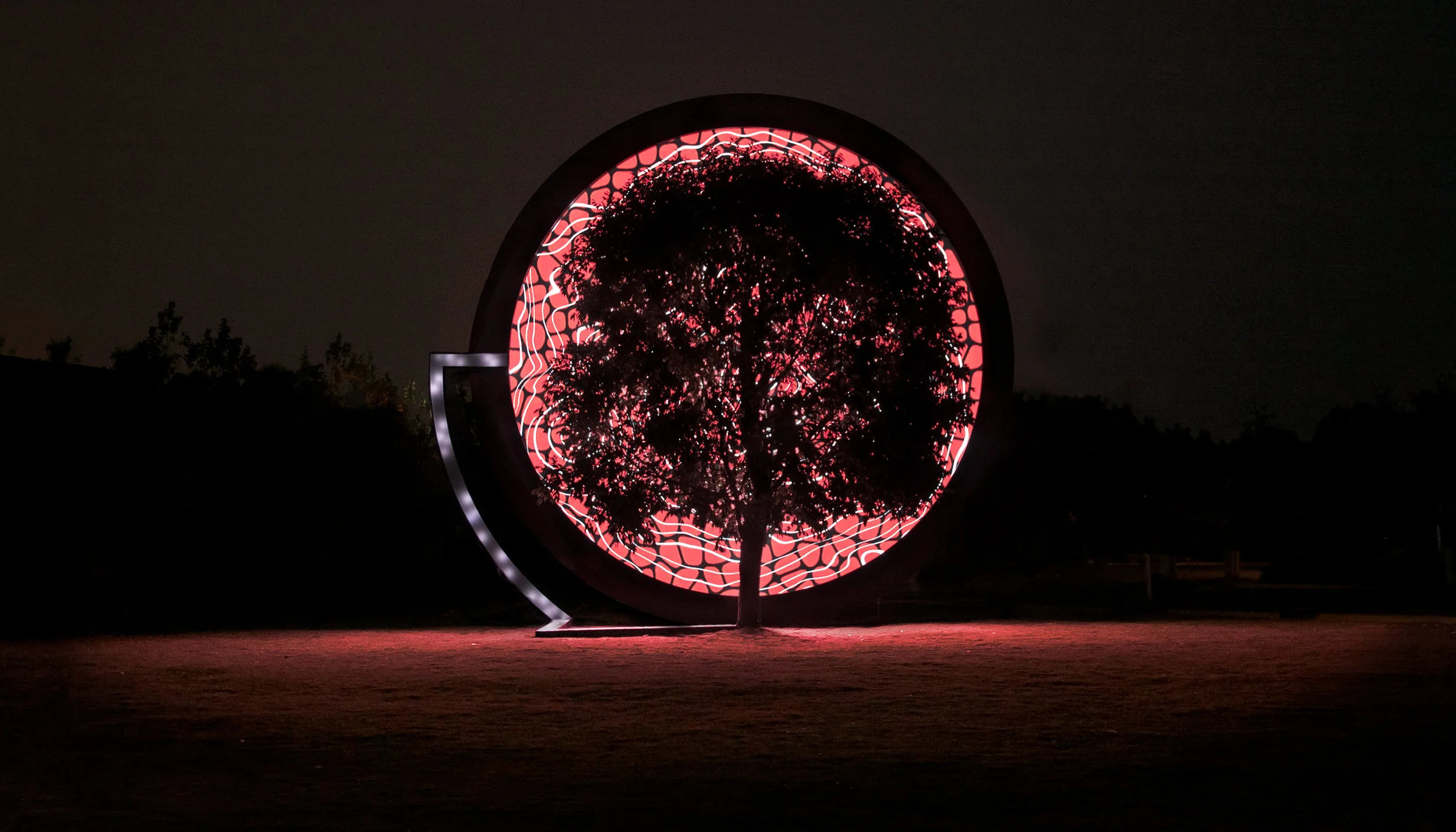Climate Change exhibitions
Climate change can be difficult to viscerally understand. This is a challenge for curators interested in mobilizing climate action through art. After all, how do you get people to see value in understanding what they don't already understand?
This question was recently explored in the Hidden Brain podcast The Cassandra Curse: Why We Heed Some Warnings, And Ignore Others. Through a story of melting Alaskan permafrost, we find that the answer to this question is just as complicated as human beings are. Curatorial and activist work must address this complexity to open up climate conversations, shift perspectives and inspire action toward a sustainable future.
The selected projects below highlight how art can help people see the value in not just understanding climate change, but having a visceral experience of it – one that moves them to take action. While the approaches below are varied, they share important commonalities: they elicit emotional response, encourage audience participation, and use creative approaches to re-establish a connection to nature that has been lost in the modern age.
Swale
Mary Mattingly
“Swale” is a floating food forest built atop a barge that travels to piers in New York City, offering educational programming and welcoming visitors to harvest herbs, fruits and vegetables for free.
View Swale
Pollen from Hazelnut
Wolfgang Laib
Inspired by Laotzi, Brancusi, and formative experiences in Germany and India, Laib’s sculptures connect the past and present, the ephemeral and eternal. His attention to human scale, duration of time, and choice of materials give his works the power to transport us to unexpected realms of memory and contemplation.
Lines (57° 59′ N, 7° 16’W)
Pekka Niittyvirta & Timo Aho
Finnish artists Pekka Niittyvirta and Timo Aho have created a site-specific installation that uses sensors and LED lights to illustrate the impact of climate change and rising tides on the low-lying islands off the west coast of Scotland.
Sweet milk in the badlands
Allison Janae Hamilton
Sweet Milk in the Badlands. looks toward ritual, storytelling, and trance in search of the connections between landscape and selfhood, place and disturbance. It invites an uncanny cast of haints to lead the viewer through the an epic tale that animates the land as a guide and witness.
dear climate
Una Chaudhuri, Fritz Ertl, Oliver Kellhammer & Marina Zurkow
DEAR CLIMATE hacks the aesthetics of instructional signage and the techniques of meditation to lead viewers and listeners towards a better informed, more realistic, and more affectionate relationship to the more-than-human world.
Rebirth Day
Vibha Galhotra
This interactive art project continued by Vibha Galhotra and the people of san Giovanni is Inspired by Michelangelo Pistoletto’s "The Third Paradise" in San Giovanni Valdarno, Italy.
Degenerative Cultures
Cesar Baio & Lucy HG Solomon
Degenerative Cultures is a bio-digital hybrid in which living organisms, social networks and Artificial Intelligence are stitched together in an effort to undermine the human impulse to master nature.
On air
Tomás Saraceno
ON AIR is an emerging ecosystem that hosts a choreography of multiple voices belonging to human and non-human universes, revealing common, fragile and ephemeral rhythms linking these worlds.
Voice of Nature
Thijs Biersteker
Biersteker’s installation creates a flowing series of stunning images, reflecting the life and health of a real tree, using real-time data from the tree itself. Using real-time data coming from sensors attached to a tree, Thijs generates a tree ring every second, indicating the tree’s well being and the impact of the environmental changes.
Epicurean Endocrinology
Liz Flyntz & Bryon Rich
Epicurean Endocrinology encompasses a number of projects, presentations, and writings about food, gender, sex, ecology, and hormones. Past endeavors include phyto-hormone infused Masculinizing and Feminizing Meals, which presented meals containing as many plant and animal food-based estrogens and androgens as possible. Down-Home Molecular Gastronomy uses mutated tropes of haute-cuisine to investigate the intersections of class and the perception of food as entertainment or commodity.









